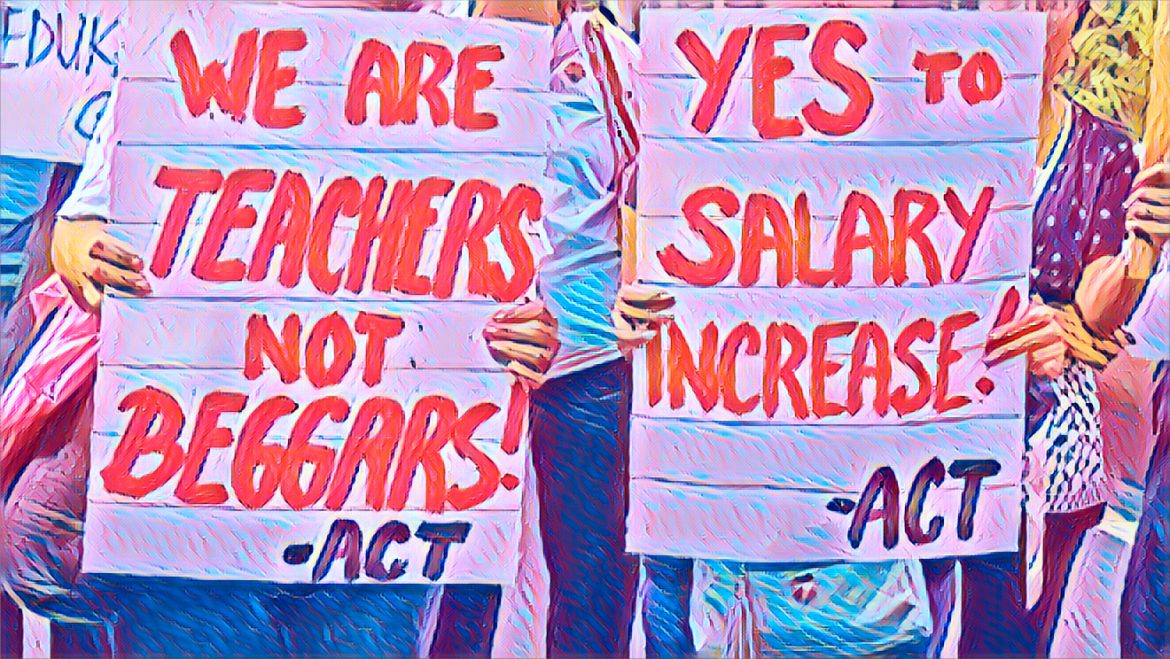In an alarming revelation, over half of Zimbabwe’s employed workforce is reportedly earning less than US$18 per month, a stark indication of the country’s deepening economic woes.
The data, provided by DOTZEDW, an organization specializing in market insights within the SADC region, shows that more than 50% of the employed individuals in Zimbabwe receive salaries of ZW$200,000 or less, when converted to the local RTGS dollar. This figure is alarmingly low, almost four times less than the country’s Poverty Datum Line (PDL), which stood at ZW$840,000 for a family of six as of December 2023.
In context, Macrotrends recorded Zimbabwe’s poverty rate at a staggering 85% in 2019, while the United Nations pegged it at 70.5% in 2020. These figures paint a grim picture of a nation grappling with a two-decade-long economic crisis. This prolonged downturn has eroded savings, devalued salaries, pushed millions out of employment, and led to continuous price hikes for basic commodities.
The situation has prompted an exodus of skilled personnel from both the government and private sectors, seeking better-paying opportunities in more economically stable countries outside Africa. This brain drain further exacerbates the nation’s economic challenges and hinders its capacity for recovery and growth.
Amidst these dire conditions, the formal employment sector in Zimbabwe, which is considerably smaller than the informal sector, has seen little effective representation in labor disputes. This is largely due to the fear among workers of losing their jobs, as there are millions more who might readily take their positions. As a result, many employees feel compelled to accept whatever wages are offered, however inadequate.
Before the introduction of a US$300 Covid-19 allowance, civil servants, who make up the largest proportion of Zimbabwe’s employed workforce, were earning less than US$75. This allowance, while providing some relief, has since been added to their taxable monthly wages, and it’s unclear how significantly this has improved their overall financial well-being.
As Zimbabwe continues to navigate through its economic crisis, reports like these serve as critical indicators of the reality on the ground. They underscore the need for effective economic policies and international support to address the deep-rooted issues plaguing the nation. The plight of the workforce earning meager salaries amidst rising living costs calls for urgent attention and action from both national leaders and the global community. The ongoing economic struggle not only impacts the immediate livelihoods of millions but also has long-term implications for the country’s social and economic stability.


